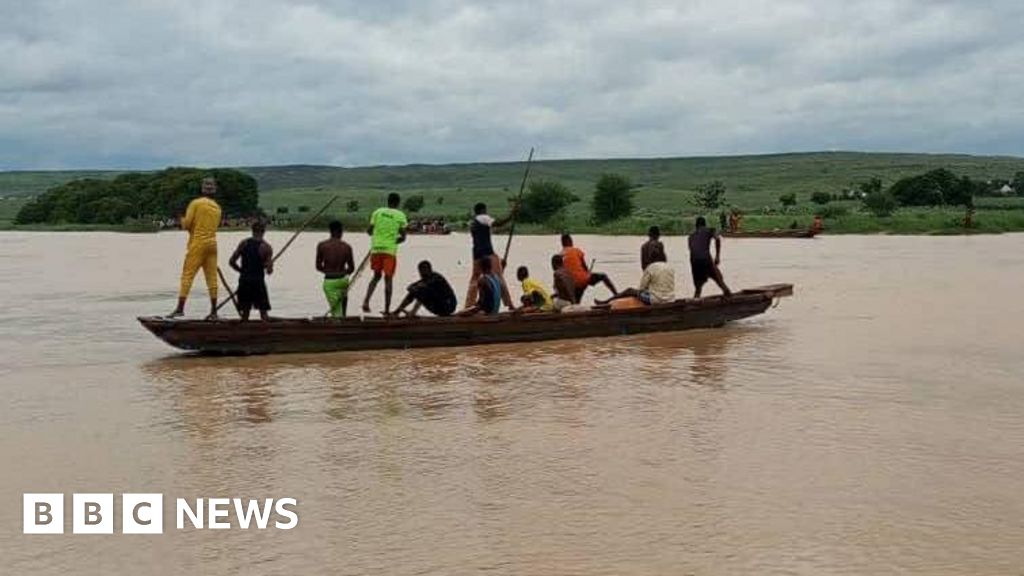Rescuers in Nigeria search for dozens missing after boat csizes

Rescuers Search for Dozens Missing After Nigeria Boat Capsizes
Rescue operations are underway in northern Nigeria after a boat capsized in Sokoto State, leaving dozens missing. The incident occurred on the River Goronyo on Sunday, according to the National Emergency Management Agency (NEMA). The boat was reportedly carrying over 50 people to a local market when it overturned.
“NEMA is intensifying efforts alongside local authorities to locate [those] still missing,” the agency said in a statement. A local official in Sokoto told the BBC that four people had been found alive. The exact number of missing passengers remains unclear, with estimates suggesting over 40 people are still unaccounted for.
Frequent Accidents Highlight Safety Concerns
Boat accidents are tragically common in Nigeria, particularly in inland waterways. Overcrowding, inadequate boat maintenance, and a lack of enforcement of safety regulations are frequently cited as contributing factors. In December 2024, 54 bodies were recovered from the River Niger following a similar incident. Just a month prior, nearly 200 people died when a wooden canoe carrying approximately 300 passengers capsized on the same river.
These incidents underscore a systemic problem with maritime safety in Nigeria, especially in rural communities where water transport is essential for trade and movement. While government regulations mandate the use of life jackets, these are often unavailable or unaffordable for many passengers.
Expert Analysis: Addressing the Root Causes
Dr. Fatima Hassan, a transport infrastructure expert at the University of Abuja, emphasizes the need for a multi-pronged approach to improve river safety. "While immediate rescue efforts are crucial, we need to address the underlying issues that lead to these accidents. This includes investing in better infrastructure, such as improved boat designs and regular maintenance programs. Crucially, there must be stricter enforcement of existing safety regulations, and affordable access to life jackets for all passengers," she stated.
Dr. Hassan also highlighted the role of local communities in ensuring safety. "Community-based monitoring and reporting systems can help identify unsafe practices and prevent accidents before they happen. Empowering local communities to take ownership of river safety is essential for long-term change."
Historical Context: A Recurring Tragedy
Nigeria's waterways have been the site of numerous fatal boat accidents over the years. In 2022, more than 100 people drowned in the southwestern part of the country when a vessel carrying around 300 passengers returning from a wedding capsized. These recurring incidents highlight the urgent need for sustained government intervention and community involvement to improve maritime safety standards across the country.
Current Challenges and Future Prospects
The ongoing search and rescue operation in Sokoto State faces significant challenges, including strong currents and limited visibility in the River Goronyo. The incident has sparked renewed calls for the government to prioritize investment in waterway safety and enforce existing regulations more effectively.
"The Nigerian government needs to take a more proactive approach to prevent these tragedies," says maritime law expert, Barrister Emeka Okeke. "This includes increasing funding for maritime safety agencies, conducting regular inspections of boats, and providing education and awareness campaigns on safe boating practices. Failure to do so will only result in more preventable deaths."
While the immediate focus remains on the search for the missing passengers, the Sokoto boat accident serves as a stark reminder of the urgent need for comprehensive reforms to ensure safer waterways for all Nigerians.
Originally sourced from: BBC News Africa
